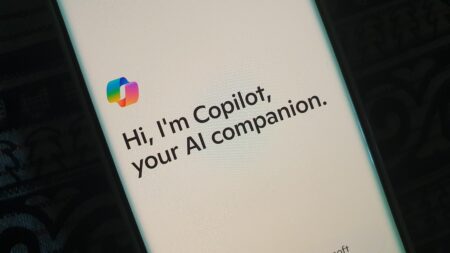
With the rise of agentic AI, the concept of a new hybrid workplace, where AI workers collaborate alongside the human workforce, is becoming a reality. The question is: How will this unprecedented collaboration play out?
Now, a new report commissioned by Workday, “AI Agents Are Here — But Don’t Call Them Boss,” aims to shed a little light on this. As the report’s title indicates, there are still some significant no-nos.

AI Agent & Copilot Summit is an AI-first event to define opportunities, impact, and outcomes with Microsoft Copilot and agents. Building on its 2025 success, the 2026 event takes place March 17-19 in San Diego. Get more details.
What’s the Future for Human/AI Agent Collaboration?
The report is based on a global survey of 2,950 full-time “decision-makers and software implementation leaders” from North America, APAC, and EMEA. Spoiler alert: The report found that, while agentic AI is becoming more prevalent in the workplace, there are still clear boundaries. Most employees prefer not to have AI in a leadership role, suggesting that they are unwilling to accept AI as their boss.
“We’re entering a new era of work where AI can be an incredible partner, and a complement to human judgement, leadership, and empathy,” said Kathy Pham, Vice President, AI, Workday. “Building trust means being intentional in how AI is used and keeping people at the center of every decision.”
Key findings from the report include:
- Seventy-five percent of employees are happy with AI agents serving as copilots. However, only 30% of those surveyed would accept an AI agent in a senior leadership or managerial role.
- Governance is also a significant concern, as only 24% of employees are comfortable with AI agents operating in the background without human intervention.
- More than 25% of the respondents believe that AI agents are “overhyped.” However, as usage increases, so does the level of trust. Among those who are just starting to use AI agents, only 36% believe they can be used responsibly. In contrast, this percentage rises to 95% for respondents who have greater experience and maturity with agentic AI.
- Nearly 90% of employees believe AI agents will enhance productivity. However, 48% think this will result in increased pressure and reduced critical thinking.
- The report identifies a clear distinction between AI agents and the human workforce. Most people perceive AI agents as teammates rather than fully-fledged employees.
- Additionally, there is a sliding scale of trust regarding AI usage. Trust tends to be higher for AI agents handling IT support and skills development tasks, while it is significantly lower for more sensitive areas such as finance and legal matters.
- In finance, 76% of employees believe that AI agents will help address the shortage of CPAs and finance professionals, while only 12% are concerned about job loss.
Closing Thoughts
For me, the biggest takeaway here is that, globally, businesses are well on their way to developing the new hybrid workplace I referenced at the start of this article. The questions posed in this report, just a few years earlier, would have seemed like science fiction.
Yet today, they are not only valid but are also surfacing issues that AI innovators across the industry are already addressing. This is all about governance. Trust in AI hinges on proper governance and oversight. When AI governance is absent, trust diminishes for customers, business users, and business owners alike.
Ask Cloud Wars AI Agent about this analysis










